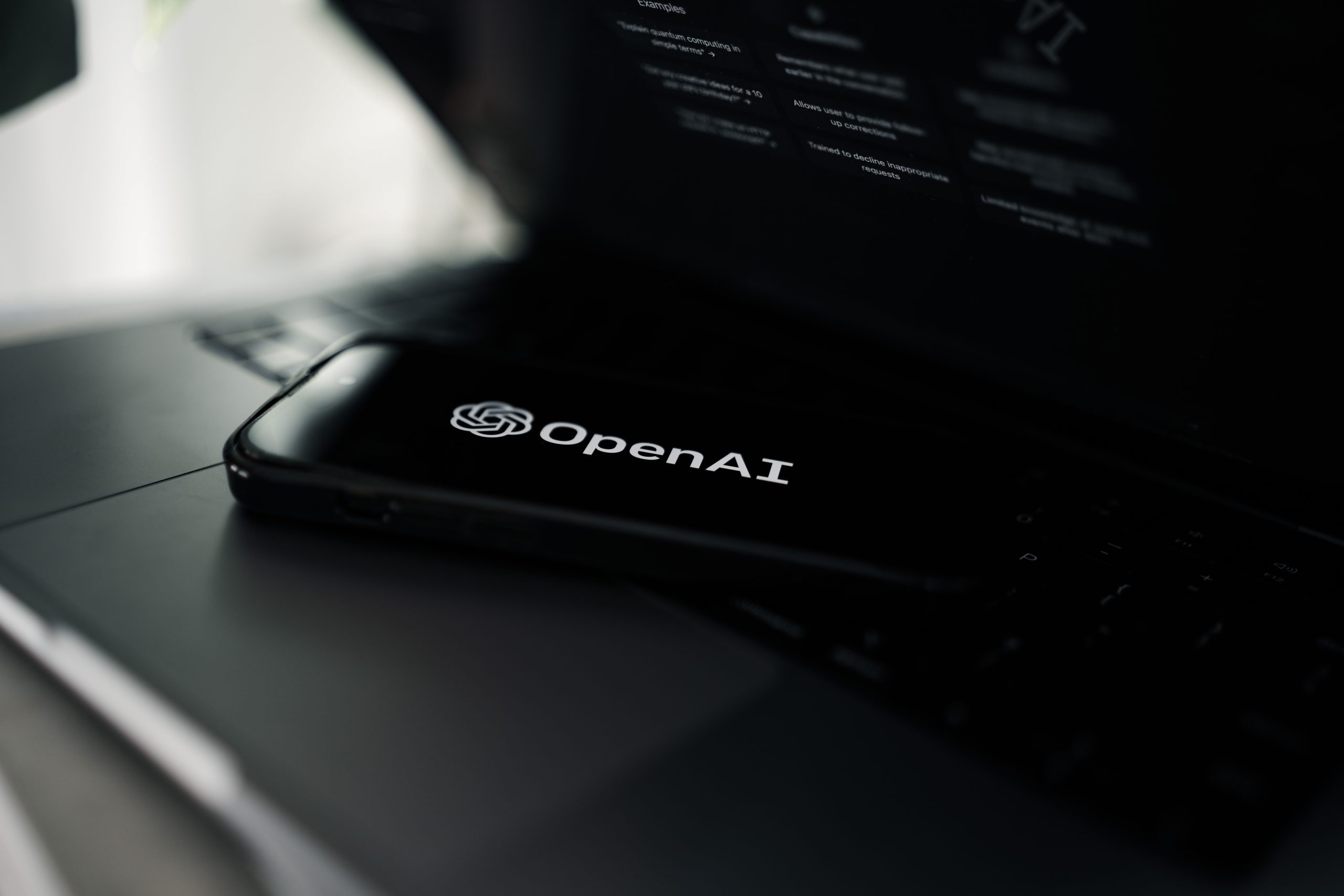The Japanese government has taken a significant step towards digitizing its operations and reducing bureaucracy by adopting an artificial intelligence language model, ChatGPT. This move aims to streamline administrative processes and improve the efficiency of government operations, making it easier for citizens to interact with the government.
ChatGPT is a state-of-the-art language model developed by OpenAI, which uses machine learning algorithms to generate human-like responses to text-based inputs. The model has been trained on a vast amount of natural language data and can analyze and summarize documents, generate reports, and draft responses to public inquiries.
The adoption of ChatGPT by the Japanese government is a significant development in the country’s efforts to digitize its operations and reduce bureaucracy. The Japanese government is known for its highly bureaucratic administrative processes, which can be time-consuming and frustrating for citizens.
By adopting ChatGPT, the Japanese government hopes to improve the efficiency of its administrative processes and reduce the burden on its workforce. The system is expected to help with tasks such as drafting responses to public inquiries, analyzing and summarizing documents, and generating reports.
One of the key benefits of ChatGPT is its ability to understand and respond to natural language inputs. This means that government officials can interact with the system in a more intuitive and human-like way, making it easier to use and reducing the need for highly specialized technical expertise.
Another advantage of ChatGPT is its ability to learn and adapt over time. As the system processes more data and receives feedback from users, it can improve its performance and accuracy, making it an increasingly valuable tool for government operations.
However, there are also concerns about the potential risks and limitations of using AI language models like ChatGPT in government operations. One of the main concerns is the potential for bias in the training data, which could lead to discriminatory or unfair decisions being made.
Another concern is the potential for errors or inaccuracies in the system’s responses. While ChatGPT has been trained on a vast amount of data, it is not perfect and may make mistakes or provide inaccurate information.
To address these concerns, the Japanese government has stated that it will carefully monitor and evaluate the performance of the ChatGPT system and take steps to address any issues that arise. This includes ensuring that the training data is diverse and representative and implementing measures to ensure the accuracy and fairness of the system’s responses.
The adoption of ChatGPT by the Japanese government is not the first time AI has been used in government operations. Other countries, such as the United States and Singapore, have already implemented similar systems in various government agencies.
However, the adoption of ChatGPT by the Japanese government is particularly significant given Japan’s conservative approach to technology adoption and its emphasis on human expertise and experience in government operations.
The use of AI language models like ChatGPT in government operations could pave the way for further adoption of AI and other advanced technologies in government operations, as the country seeks to modernize its bureaucratic processes.
In conclusion, the adoption of ChatGPT by the Japanese government is a significant step towards modernizing its administrative processes and increasing efficiency. While there are concerns about the potential risks and limitations of using AI language models in government operations, the government’s commitment to carefully monitoring and evaluating the performance of the system is an important step towards mitigating these risks. As other countries continue to explore the use of AI in government operations, the adoption of ChatGPT by the Japanese government could serve as a model for others to follow.




